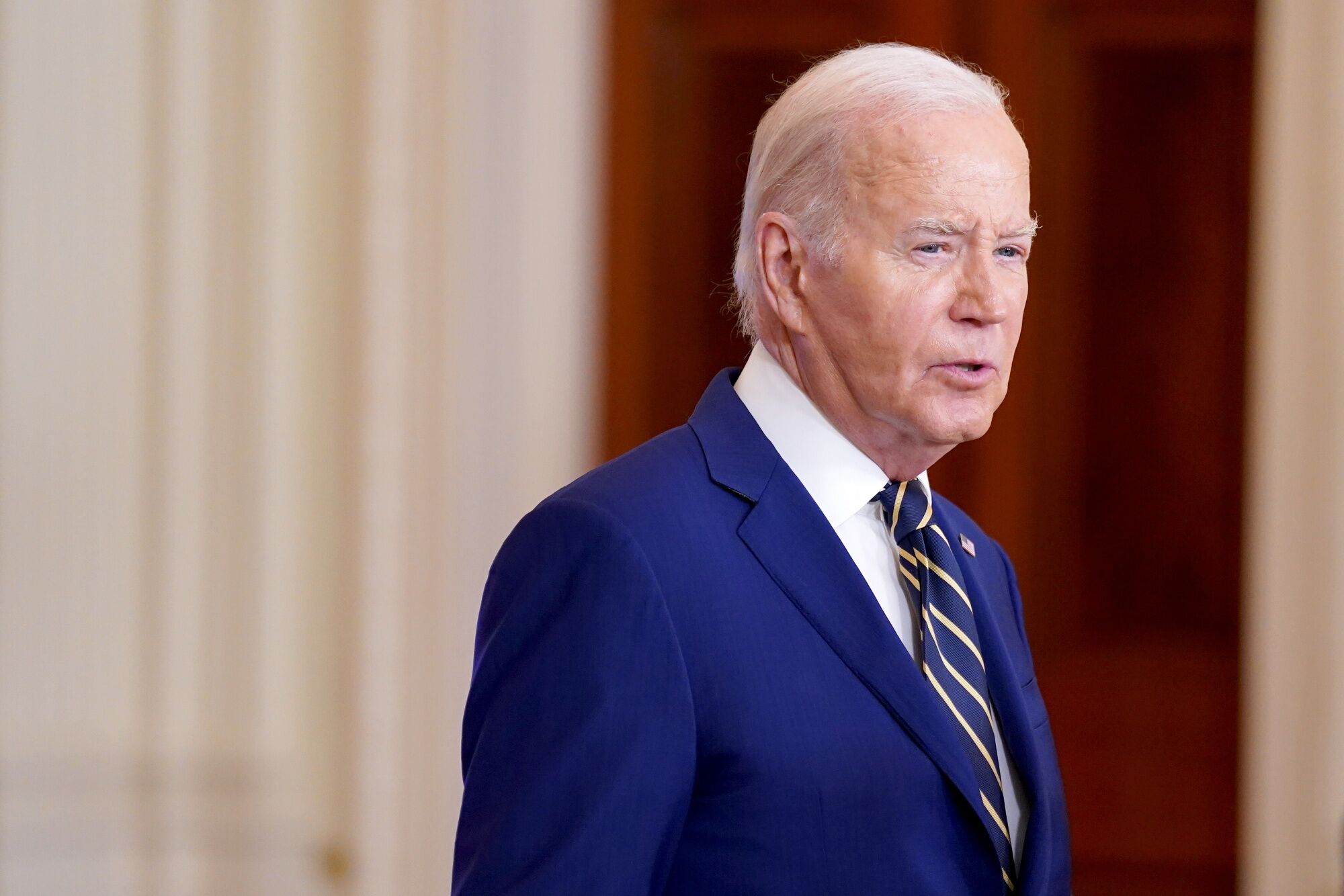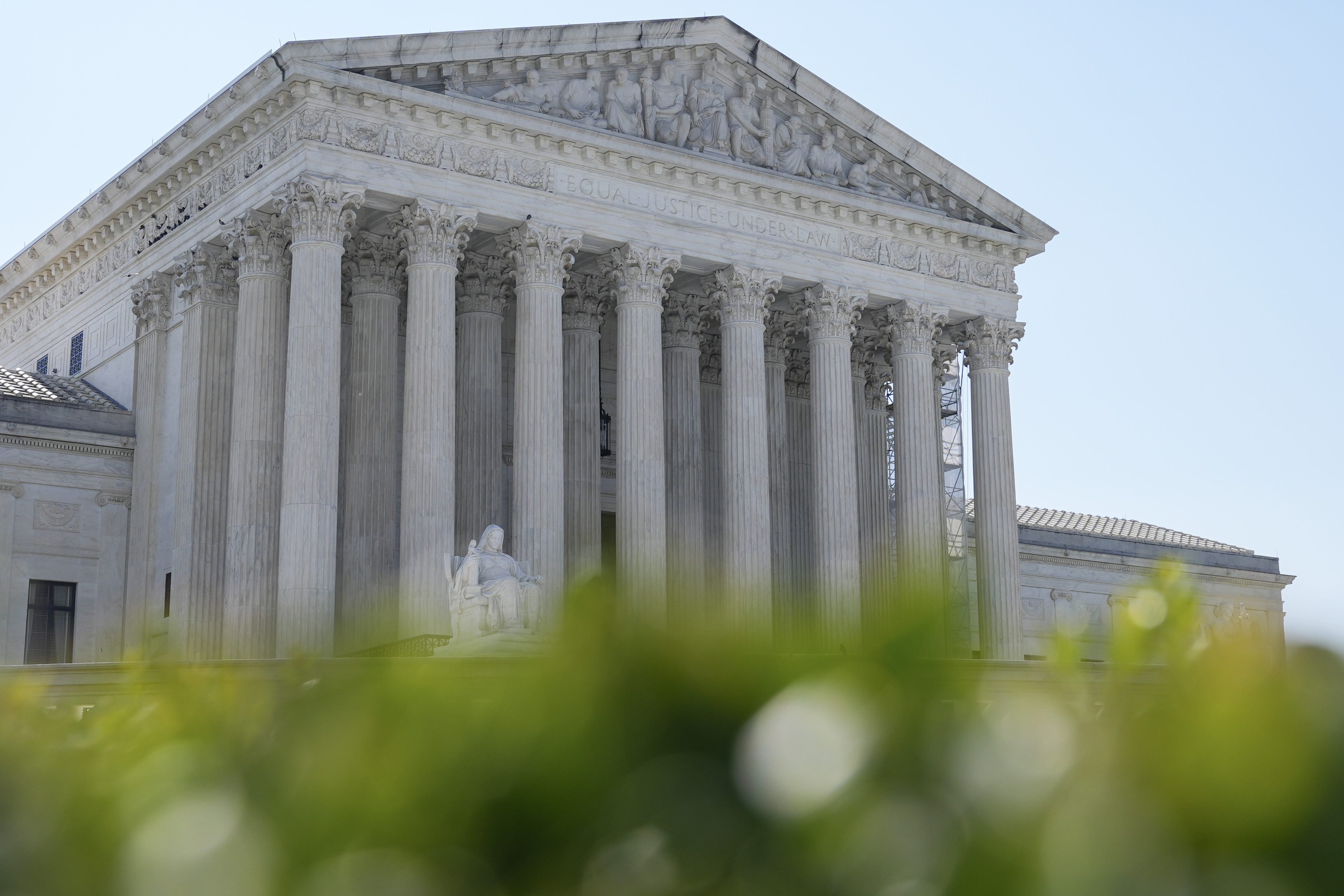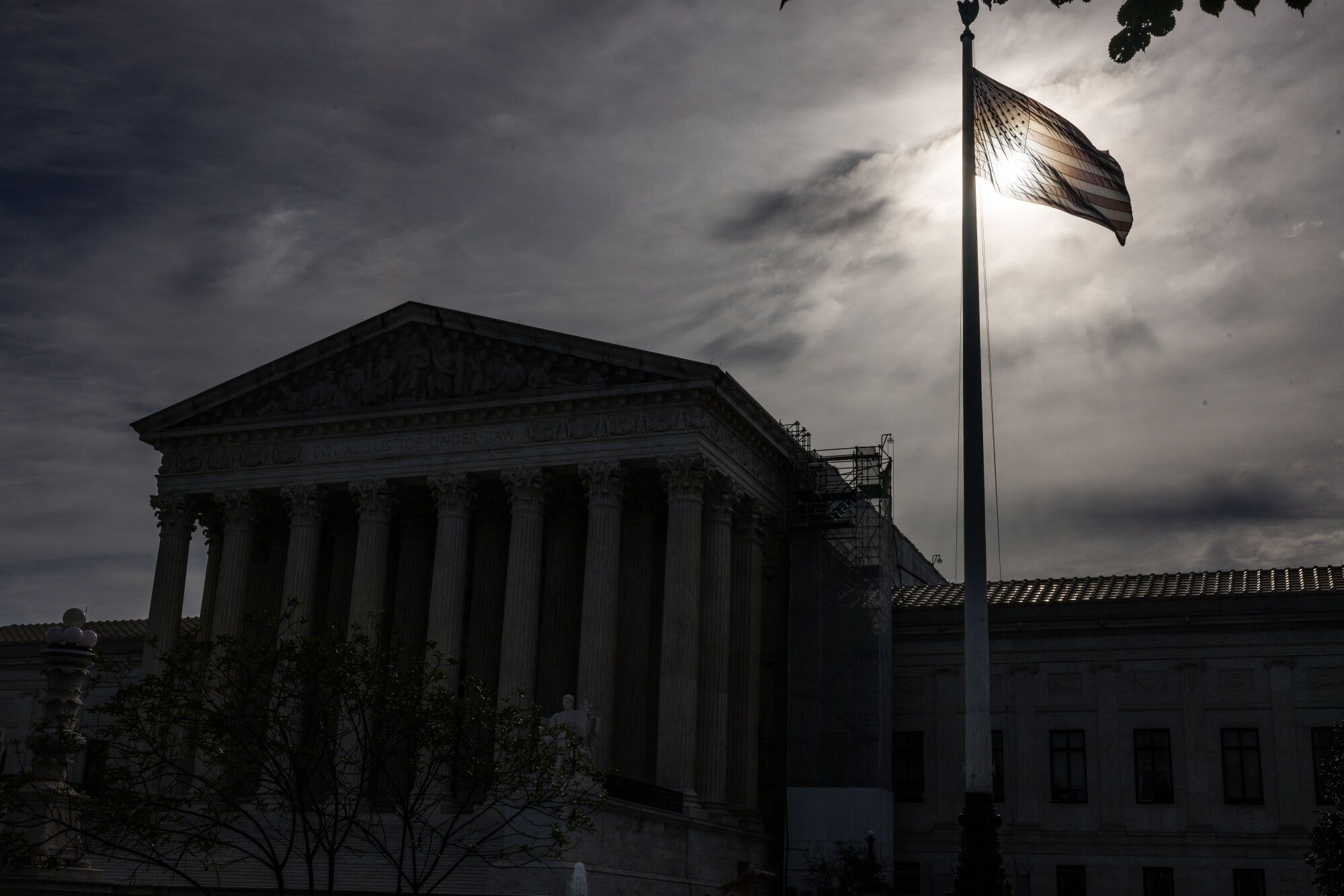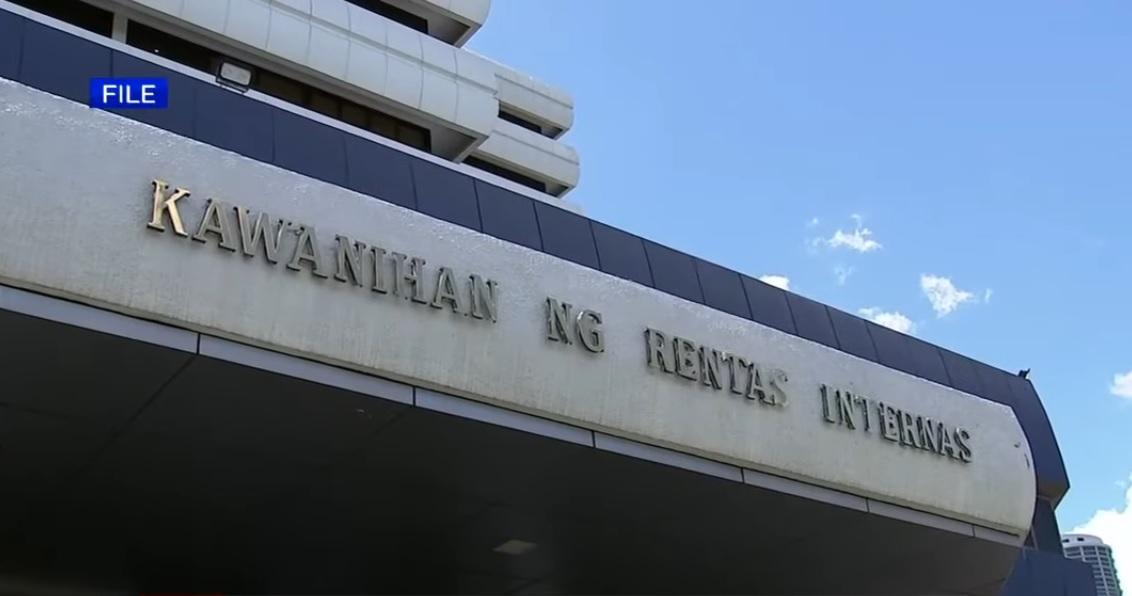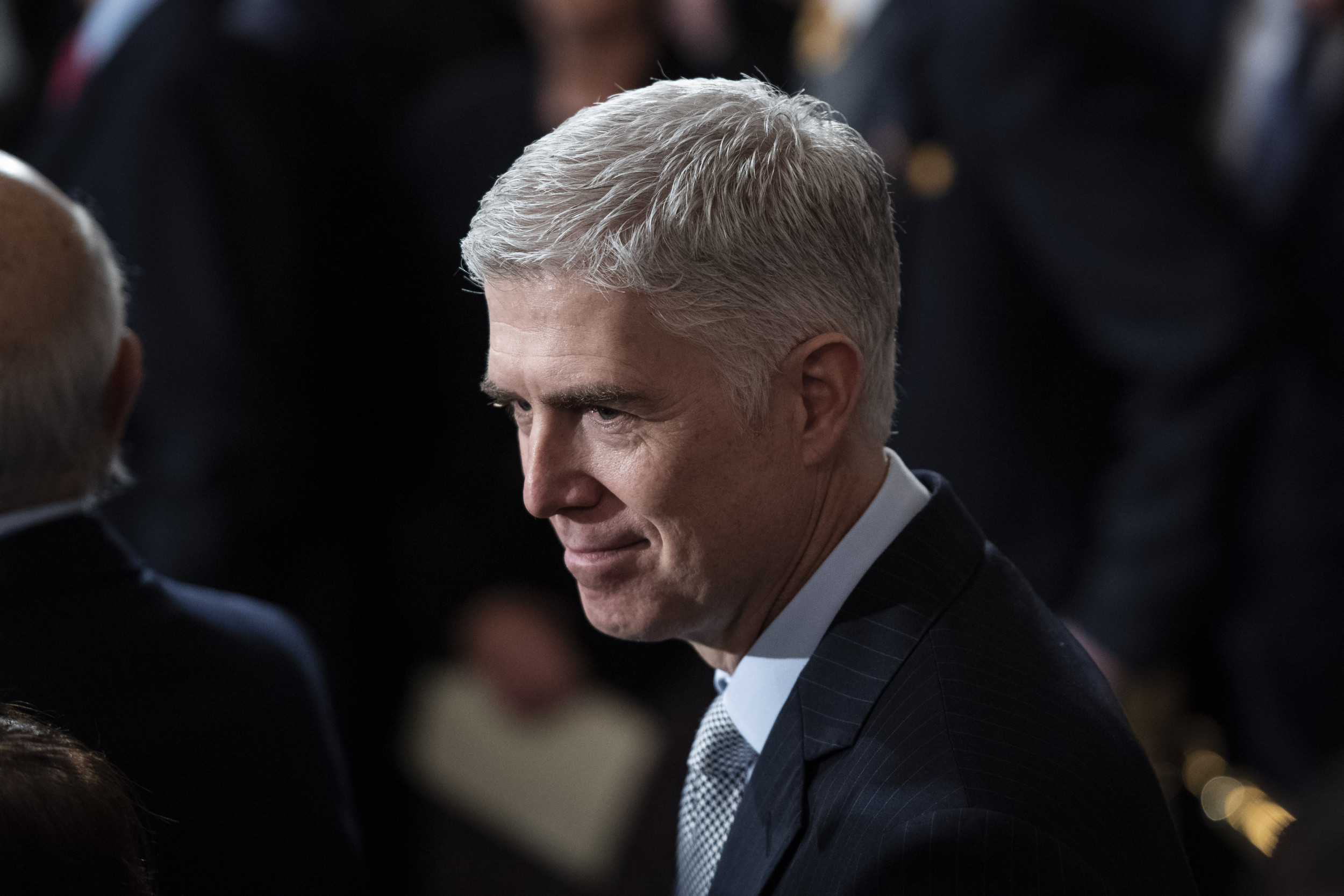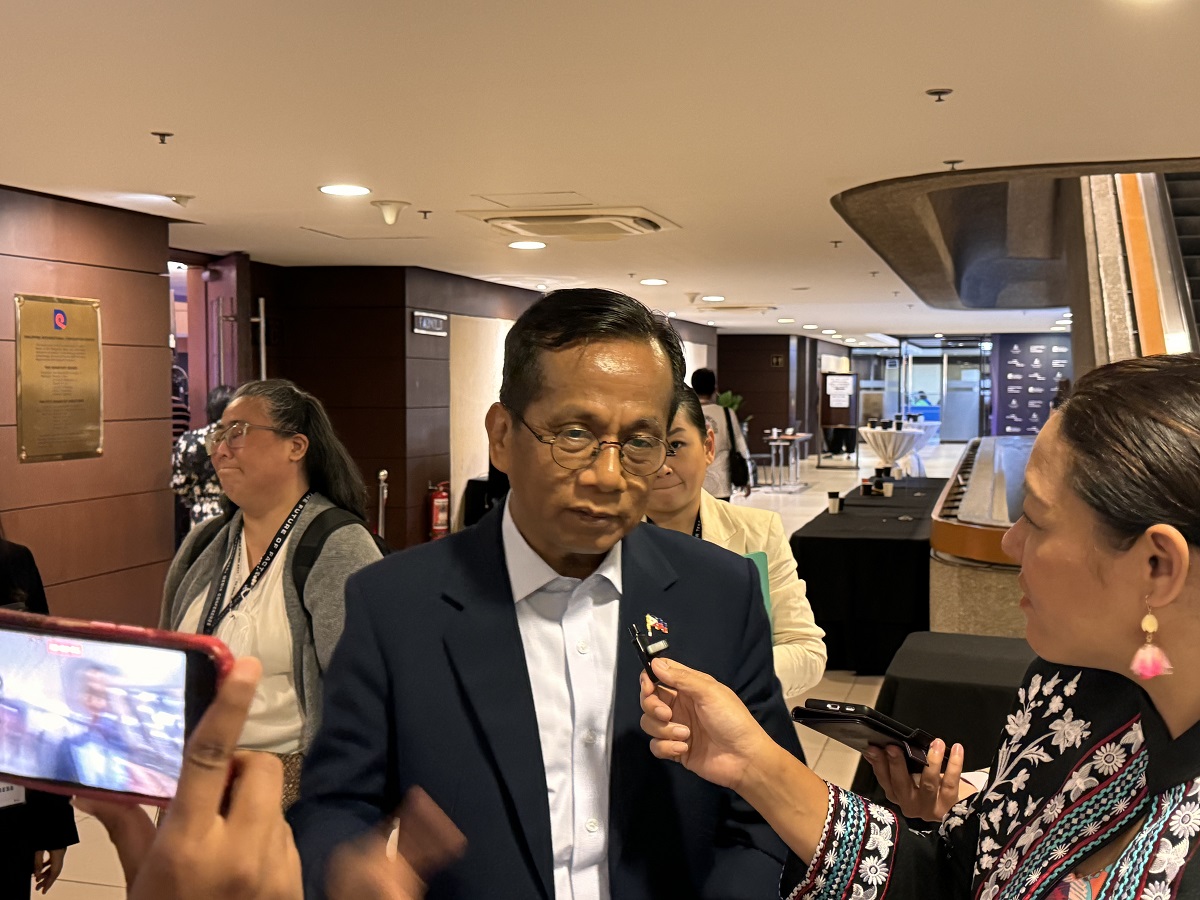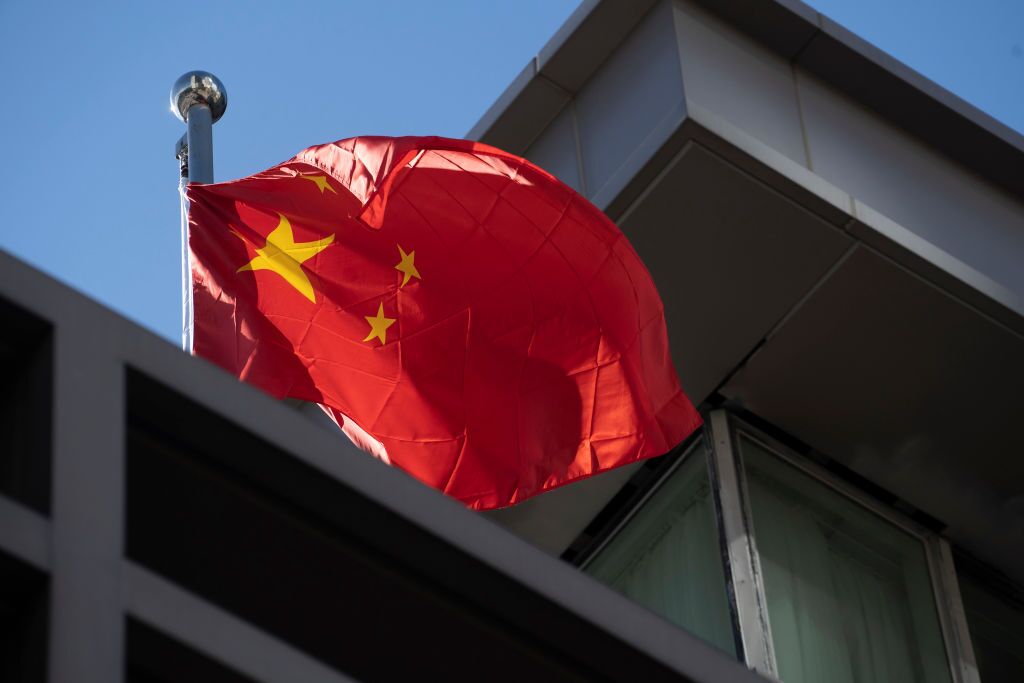
US MOVES CLOSER TO RESTRICTING OUTBOUND INVESTMENT IN CHINA FOR CHIPS, AI TECH
(Bloomberg) -- The Biden administration advanced plans to restrict investments by US individuals and companies into China, with a focus on curbing Beijing’s ability to gain ground in semiconductors, quantum computing and artificial intelligence.
The Treasury Department said Friday that new rules it’s proposing would restrict outbound investment in technologies critical to “the next generation of military, intelligence, surveillance or cyber-enabled capabilities that pose national security risks to the United States.”
The restrictions, which have been in the works for more than a year, are part of President Joe Biden’s strategy of slowing Beijing’s race to develop sensitive technologies that threaten US national security.
US Treasury Secretary Janet Yellen said almost a year ago that the planned outbound investment controls would be narrowly focused and a complement to existing export controls. Those restrictions, announced in October 2022, marked an escalation in Washington’s tech battle with Beijing, blocking the sale of advanced semiconductors, as well as the technology and knowhow to make them.
Treasury laid out the details Friday in a so-called Notice of Proposed Rulemaking, one of several bureaucratic steps set in motion by an executive order issued last August. The department gave no timeline for releasing the final rules or when they would come into force.
The more detailed proposal makes clear that Washington is paying increasingly close attention to artificial intelligence. On a call with reporters Friday, a senior Treasury official said the administration wants to prevent China from developing AI applications that, among other things, could be used for weapons targeting in combat or for mass surveillance, such as location-tracking.
The Treasury will accept public comment on the proposals until Aug. 4. Details include:
What types of investments would this apply to? Transactions affected would include acquisitions of equity, debt financing that is convertible to equity, greenfield investments, joint ventures and certain investments as a limited partner in a non-US pooled investment fund.What sectors are affected? The rules would prohibit, or require notification about, certain transactions related to:Semiconductors and microelectronicsQuantum information technologiesArtificial intelligence systemsThe proposal offers “alternatives for a prohibition on covered transactions related to the development of any AI system that is trained using a specified quantity of computing power, and trained using a specified quantity of computing power using primarily biological sequence data.”What are the penalties for violations? The Treasury can pursue civil penalties against individuals and firms found in violation and can refer cases to the Attorney General’s office for criminal prosecution.Are there any exceptions? Treasury proposed some transactions be exempted, including in publicly traded companies, fund investments of “a certain size” and full ownership buyouts, among others.Separately, a bipartisan legislative effort to restrict outbound investment fell apart late last year. Key Republicans on the Hill disagreed about whether to codify the administration’s sector-based approach or rely on individual company sanctions. Speaker Mike Johnson convened a working group on the subject, with the goal of reaching a consensus by the end of March. They have yet to release a new bill.
Most Read from Bloomberg
- Nvidia Sales Grow So Fast That Wall Street Can’t Keep Up
- How Long Can High Rates Last? Bond Markets Say Maybe Forever
- Russia Is Storing Up a Crime Wave When Its War on Ukraine Ends
- CDK Hackers Want Millions in Ransom to End Car Dealership Outage
- Yen Is Under Pressure Even as Japan Steps Up Its Verbal Warnings
©2024 Bloomberg L.P.
2024-06-21T16:17:03Z dg43tfdfdgfd

